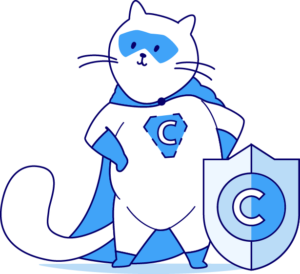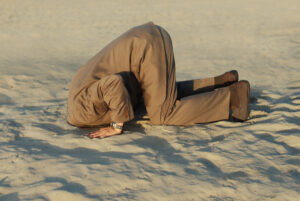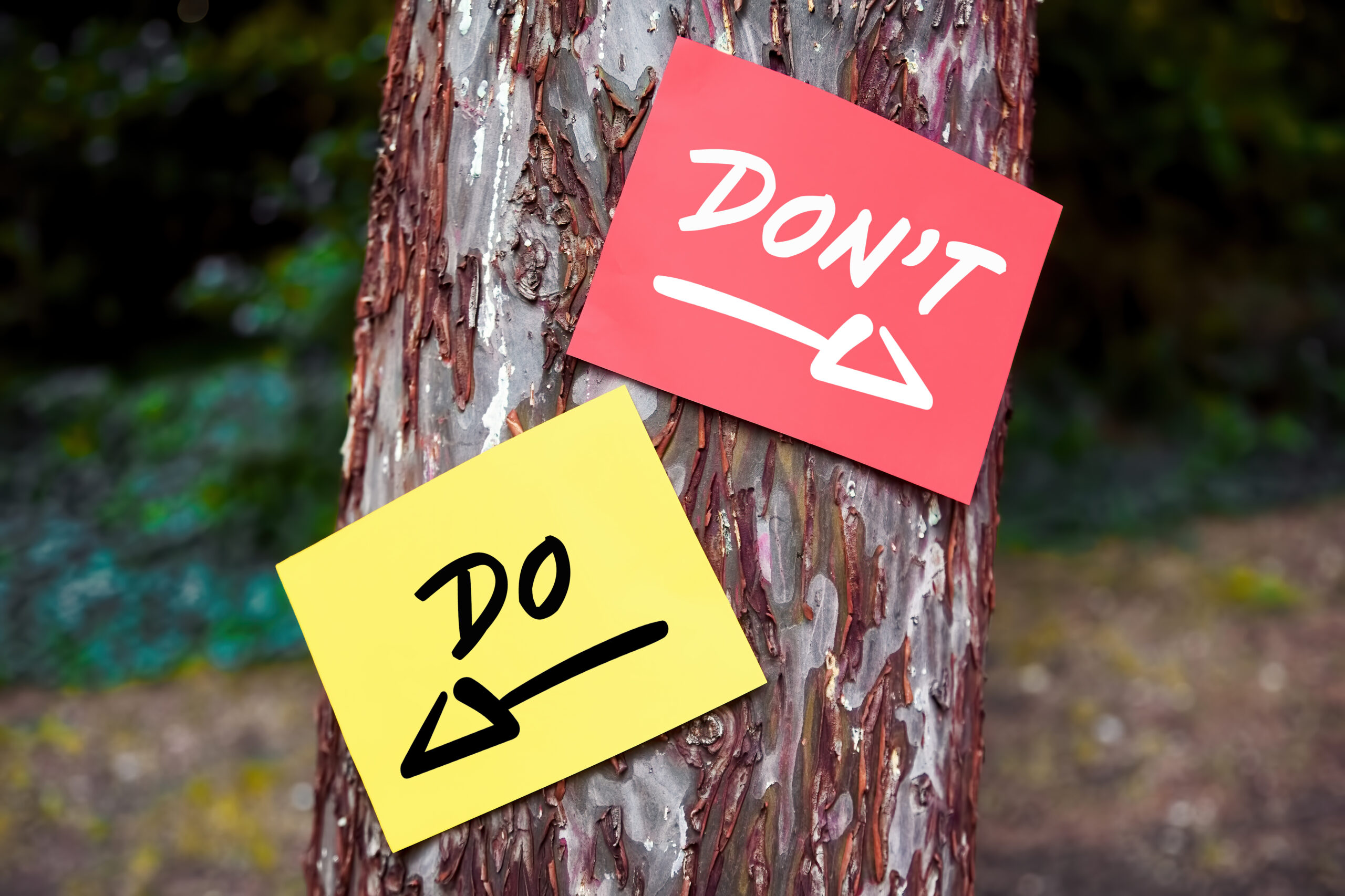Have you received a demand letter from CopyCat Legal alleging that you committed copyright infringement by including a photograph/artwork on your website, Facebook page, etc. that was not properly licensed? If so, you may be wondering how to respond and/or what actions you should or shouldn’t take. There are plenty of lawyers online who claim to have all the answers (and coincidentally want you to hire them/pay for those answers), but we figured you might as well hear it from the source in deciding what you should do.

Generally, the letter identifies a client that CopyCat Legal represents (such as Prepared Food Photos, Inc., Affordable Aerial Photography, Inc., Christoper Sadowski, etc.) and asserts that you or your business has committed copyright infringement by displaying or publishing that client’s photograph or artwork without the client’s consent/license. The letter will include screenshots of your website/social media page and will also attach the copyright registration certificate. CopyCat Legal’s demand letter will frequently include a monetary demand to resolve the matter and warn that ignoring the issue may result in its client taking legal action by filing a lawsuit in federal court.
Now that we got that out of the way, what should you do upon receiving a demand letter from CopyCat Legal? The good news is you have options. The bad news is that some of those options may not be particularly favorable to your position. As we progress, please keep in mind this is not legal advice – we are a law firm representing the interests of our clients. We’re trying to be unbiased/impartial here, but we cannot give you advice on how to proceed in any particular case.
Option A – Ignore CopyCat Legal’s Demand Letter and Hope the Issue Goes Away

You could certainly take the ostrich approach by burying your head in the sand and hoping the problem goes away. There is, however, a slight problem with that approach. First, ostriches don’t actually bury their heads in the sand – that’s just a myth that has repeated itself for thousands of years (see – a history lesson and a primer on copyright infringement in one handy blog article).
More substantively… CopyCat Legal generally does not go away by virtue of you simply ignoring the issue. You received the letter but didn’t respond. CopyCat Legal then e-mails you a handful of times in an attempt to resolve the matter. You ignore those attempted communications. CopyCat Legal then calls you a handful of times, leaves messages, etc. You ignore those attempted communications. Unfortunately, there comes a point where our clients need to make a choice… try the Pony Express/smoke signals or something a little more modern (i.e., a lawsuit) to get your attention. Believe it or not, they more often than not opt for the lawsuit rather than the Pony Express.
Our goal at CopyCat Legal is to resolve matters of alleged copyright infringement without resorting to a lawsuit. We make every effort to do so, but as they say, it takes two to tango. If you’ve ignored the demand letter, ignored the e-mails, and ignored the phone calls… there’s not much left for us to do but file a lawsuit. At that point, you’ve got an actual deadline (21 days from service of the Complaint) to formally respond or risk a default judgment being entered against you.
CopyCat Legal’s clients are very protective of their intellectual property. If they believe you have committed copyright infringement by displaying/publishing one of their photographs/artwork on your website/social media/print advertising/etc., they will generally not accept being ignored/ghosted and will insist that we pursue the matter in court. Don’t make the mistake of thinking that ignoring the issue will make it go away.
Option B – Respond in an Inflammatory Manner
It might be a toss-up as to whether ignoring the issue or responding with profanity/taunts to file a lawsuit is the worst option available. We’ve seen both, and the result is usually the same (a lawsuit being filed). Yelling at CopyCat Legal’s staff members, telling us to take our demand letter and shove it… somewhere, threatening to sue our client if it pursues a claim for copyright infringement, etc. – these are all very effective at ending our attempts to amicably resolve the matter.
Our clients generally do not appreciate being threatened/told to go away, and their reaction almost uniformly is to pursue the matter in court when essentially dared to do so. Unless you really, really want to be sued, being rude/disrespectful in your response may not be the best approach.
Option C – Acknowledge Responsibility and Try to Reach an Amicable Resolution
I know this one is a shocker, but sometimes the best approach might be to politely communicate with CopyCat Legal, apologize to the extent there was a misunderstanding or failure to understand/follow copyright law, and try to work out a resolution/settlement that is acceptable to everyone involved.
It is accurate to say that you get more flies with honey than vinegar. The lawyers and staff at CopyCat Legal deal with thousands of cases similar to yours on an annual basis – we’ve heard it all at this point so this is more of a personal anecdote than anything else. The bottom line is that it’s easier to work with someone who is polite/straightforward than someone who immediately goes nuclear/threatens to sue us for harassment/etc.
Option D – Hire a Competent Attorney to Represent You/Help Navigate the Demand Letter
Wow… “competent” is bolded, italicized, and underlined. That must mean it’s important! Yes, yes it is. All we will say here is that attorneys are just like any other profession. There are some that give the profession a good name, and some that, well, not so much. The good news is there isn’t any shortage of lawyers out there (insert lawyer joke here), so you should strongly consider utilizing the counsel of a good/competent one to assist you with navigating CopyCat Legal’s demand letter and the process of attempting to resolve the claim for copyright infringement.
While lawyers typically cost money to hire, it’s a good idea to have someone knowledgeable/experienced on your side who can explain legal concepts and walk you through the process of navigating a claim for copyright infringement. Who is the right lawyer for you to hire? That is a question for a different day and not really one we can help you with. Best we can say here is to evaluate whether the lawyer you’re talking to will ultimately help or hurt your chances to resolve the case in a favorable/amicable manner.
Option E – Go Nuclear/Litigate the Case
Last option to go over. Keep in mind you’re not required to settle/resolve the matter amicably. You have every right to your day in court. Again, a story for a different day, but if you’re a business you generally need to retain a lawyer to litigate a copyright infringement claim in federal court. So to continue on the above, make sure you hire the right lawyer for the job, and keep in mind that most lawyers want to be paid for their work. Only you can decide how much you are willing to spend litigating a copyright infringement matter that may otherwise resolve amicably now.
Remember… only you can prevent forest fires, and only you can decide what the best course of action is when you receive a demand letter from CopyCat Legal.
By: Daniel DeSouza, Esq.

